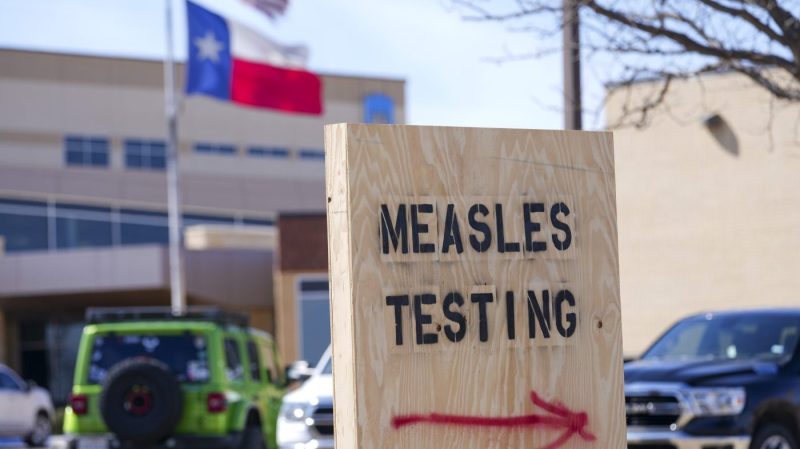Texas has initiated a significant effort to combat its high preterm birth rate with the launch of a new research collaborative led by March of Dimes. This nonprofit organization, dedicated to improving maternal and infant health, has partnered with two prominent institutions: UT Southwestern Medical Center in Dallas and UT Medical Branch in Galveston. This collaboration represents the sixth Prematurity Research Center established by March of Dimes across the United States.
In Texas, approximately 11% of all births are preterm, translating to over 43,000 preterm births recorded in 2023. This alarming statistic underscores the urgency of the newly formed collaboration, as noted by Clint Abernathy, the board chair of March of Dimes and president of Texas Health Harris Methodist Hospital Alliance. “This research center is meant to find innovative ways to help correct that,” he stated, emphasizing the historical significance of this initiative for the Dallas-Fort Worth area and the entire state.
Collaboration Aims for Innovative Solutions
The collaborative aims to leverage the existing expertise within Texas to address the high rate of preterm births. “Whenever you have research that focuses on the wonderful assets in the community, it’s very easy to tie into the mission,” Abernathy explained. Leading the project at UT Southwestern is Dr. Katherine Spong, chair of the OBGYN department. She highlighted the importance of collaboration and the unique strengths each research center brings to the table.
“Having the ability to leverage the March of Dimes network is going to be a huge opportunity for our young faculty members as well as our experienced faculty members,” Spong noted. The collaboration aims to enhance research efforts in various areas, including nutrition and metabolism in pregnancy, which are critical to improving pregnancy outcomes and reducing preterm births.
With UT Southwestern performing about 13,000 deliveries annually, including approximately 150,000 prenatal visits through the Parkland Health and Hospital System, the institution is recognized as one of the busiest comprehensive maternity programs in the country. This scale provides a substantial platform for testing and validating interventions aimed at improving maternal health.
Research Collaboration Seeks Faster Answers
The timing of this initiative coincides with significant changes in healthcare and academic research funding, which presents both challenges and opportunities. Spong expressed hope that connecting with the March of Dimes network will facilitate quicker answers to pressing health issues in Texas and beyond. “The opportunities for us to collaborate with other March of Dimes centers and Prematurity Research Centers is just transformational,” she stated, reflecting the excitement surrounding this collaborative effort.
As this new research collaborative begins its work, the focus remains clear: addressing the concerning rates of preterm birth in Texas through innovative research and community engagement. The collaboration stands as a beacon of hope for improving maternal and infant health outcomes in the state, with the potential to influence practices on a broader scale.
This initiative exemplifies the commitment of March of Dimes and its partners to tackle one of the most pressing issues in maternal and infant health today, offering a collaborative model that could serve as a template for similar efforts across the country.







